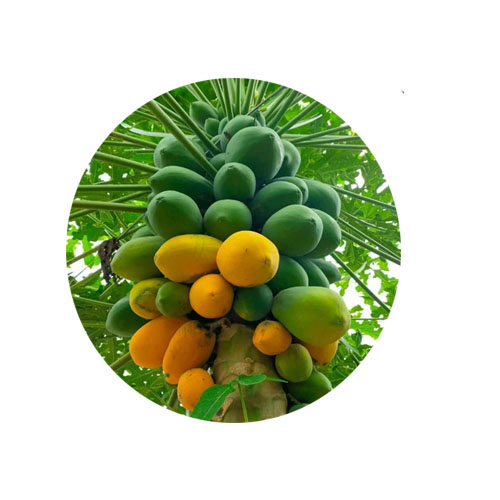
Established in 2014, We Hindustan Success Agro is a leading organization, engaged in Wholesale and Retailer of Tissue Culture Pink Guava Plant, Thai Seedless Lemon Plant, Tissue Culture Pomegranate Plants and much more. Our products are enormously well-liked in the market due to their top features and affordable prices. In order to provide only best quality of products, our products are checked by professionals who have prosperous industry practice and proficiency. In addition, our truthful dealing, ethical business policy, nominal price structure has helped us in maintaining distinguished position in the industry. We are working under our mentor Mr.Niranjan Singh Solanki. Under his leadership, our firm is obtained a well-known position in the market. Plant paradise has a wide range of fruit plants and trees for gardeners and plant lovers. We have a great selection of apple, mango, orange, lemon and guava fruit plants with different varieties.
Our Mission
Our Mission We will develop and successfully market crops and products for Floriculture, Horticulture and agriculture. We shall provide total customer satisfaction and achieve leadership in chosen market products and services across the maybe, through excellence in technology, based on research and developed and extensive direct marketing network We are responsible to the society. We shall be good corporate citizen driven by high ethical values in our practices To have our own All Agriculture, Horticulture vegetable medicinal and Grains organic farming promoted All our India To have our own All plants manufacturer & Whole sale suppliers in future To have our One fruit Processing unit so we can Directly provide by Back contact to our customers To accelerate the words transition to sustainable transport.we bring inspiration and innovation for every athlete, add vitality to life we give people the power to agricultural works. we strive to offer our customer the lowest possible price the best available selection and the utmost.

Our Vision
Our Vision To be a leading agriculture inputs and all horticulture plantations of marketing company in India by Providing highly quality product. Affordable and innovative solution in the field of Agriculture. To Have a Company Turnover of 6000 Cr.In 2030, To be the First-In- Class Agriculture & Horticulture Distribution Organization and Services Provide Agronomic Solution to Customers. in All Major Agriculture Regions. To cereal the most agricultural company in the worlds agriculture sector company help individuals and business customer help realize To be Earths most customer contrive company where customer BE & BE Recognized best consumer product and service company in the world

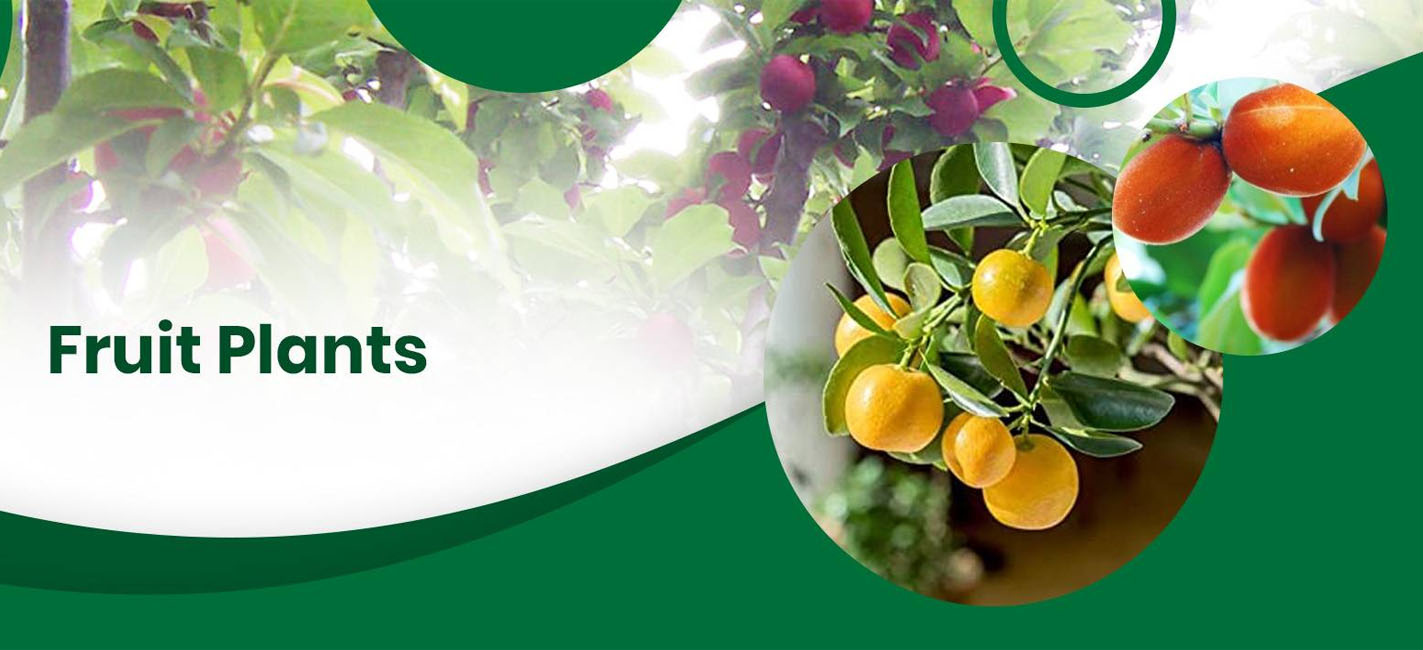
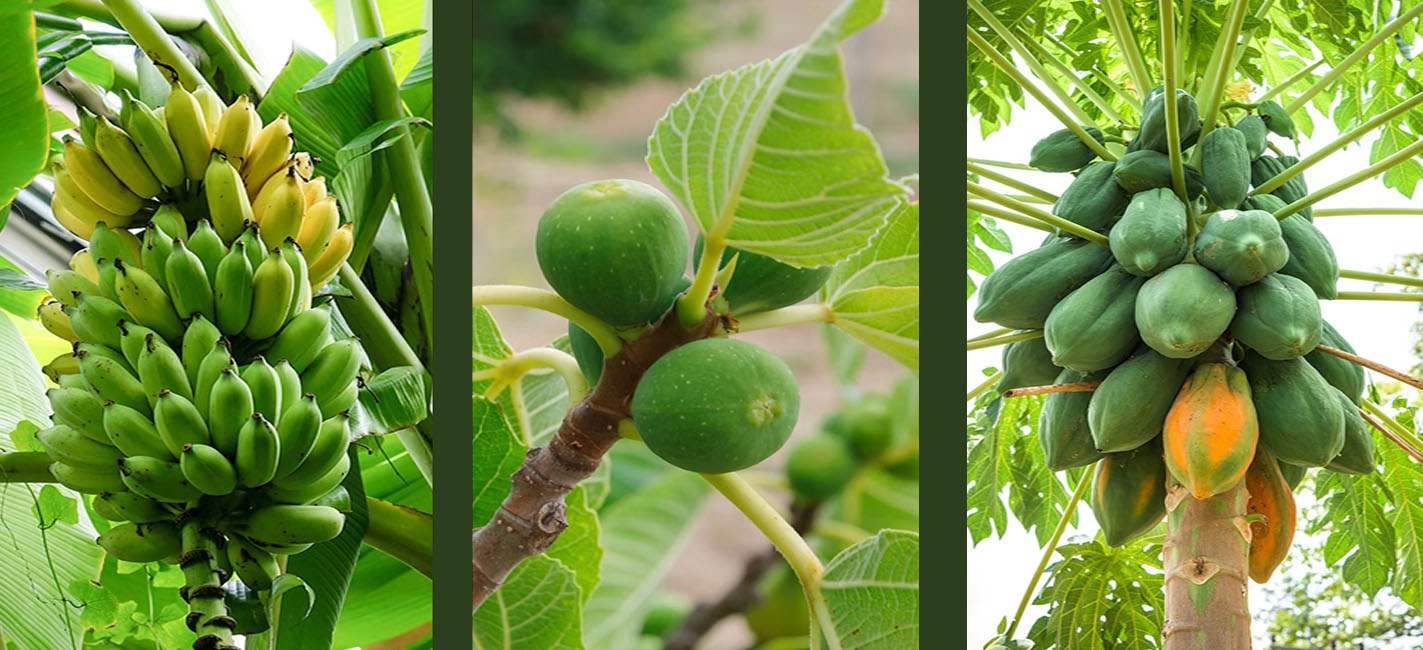
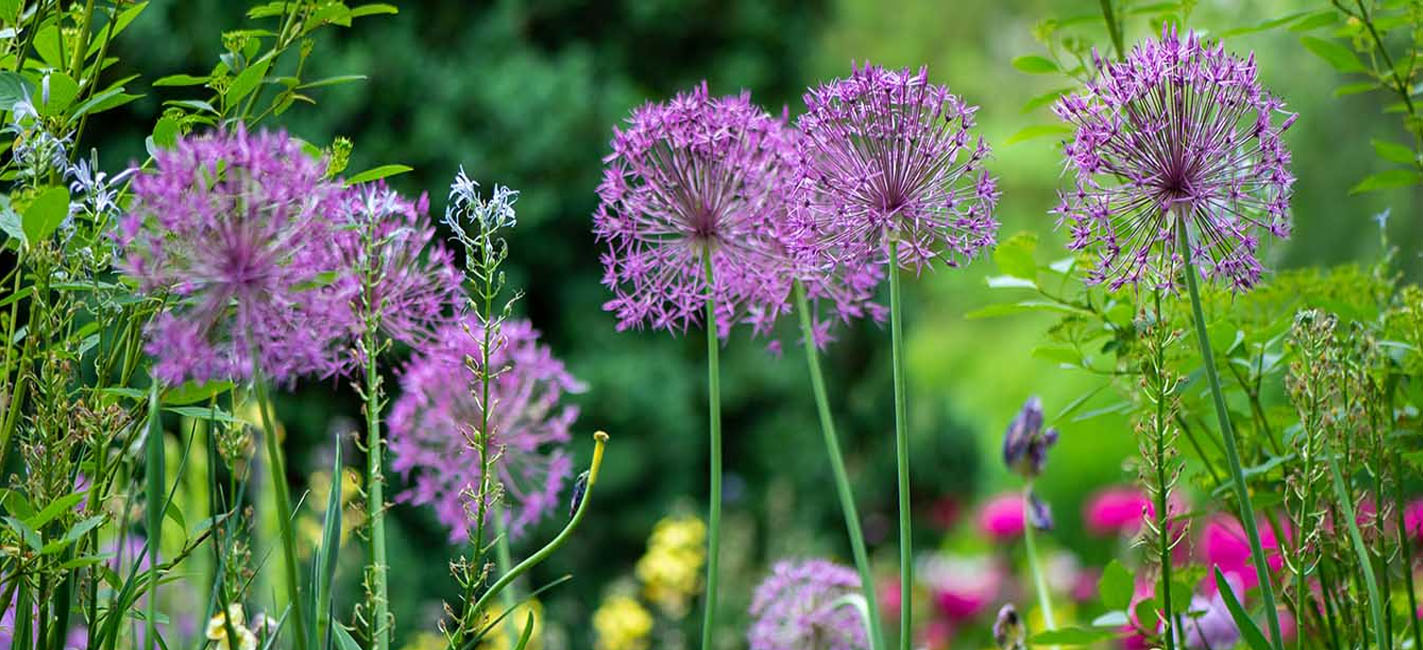
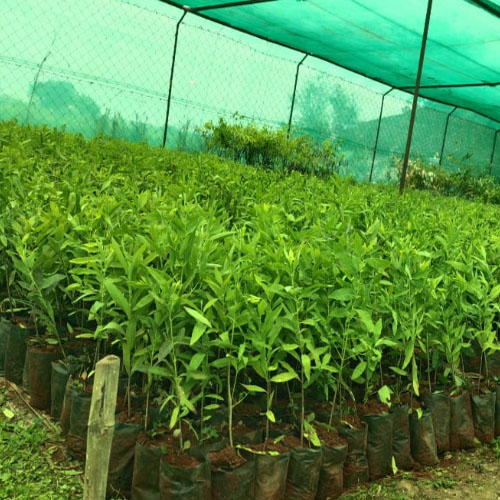
.png)
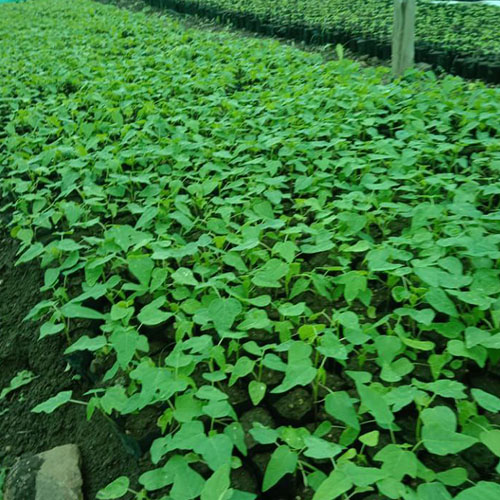
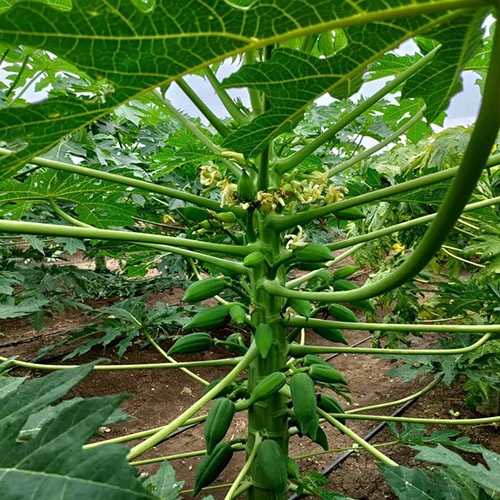
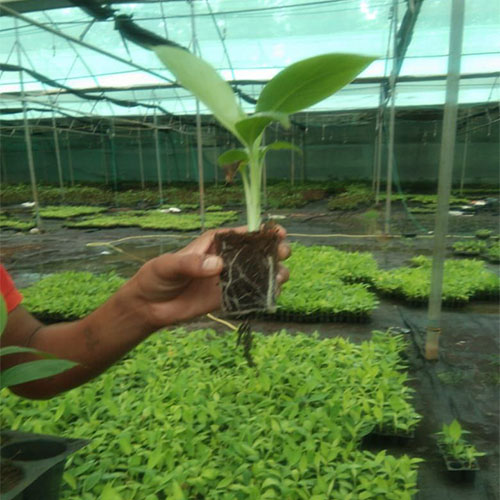
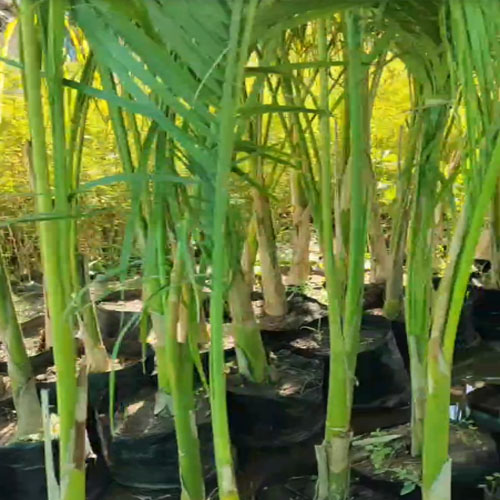
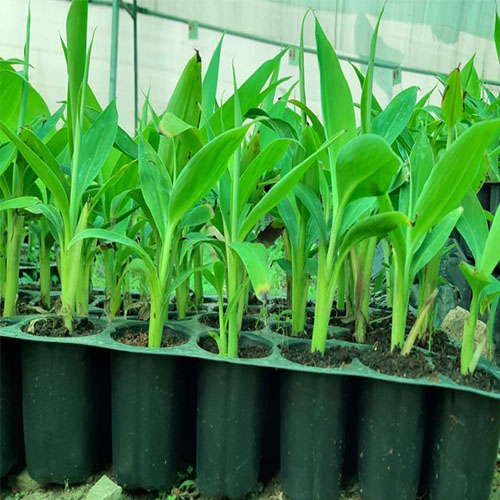
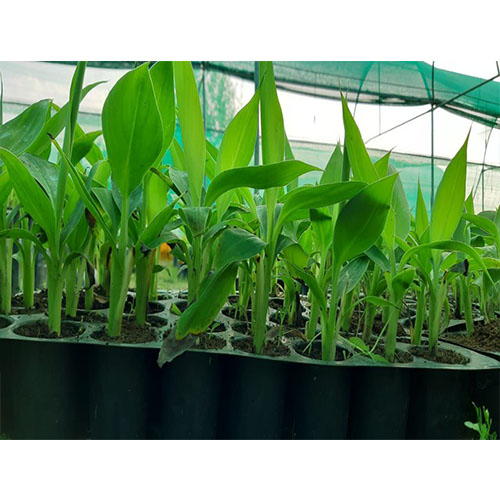
.png)
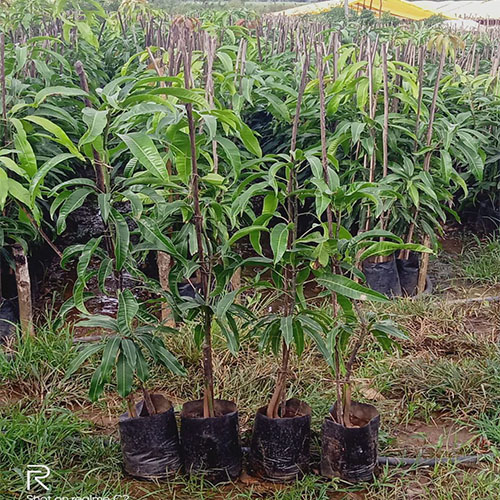

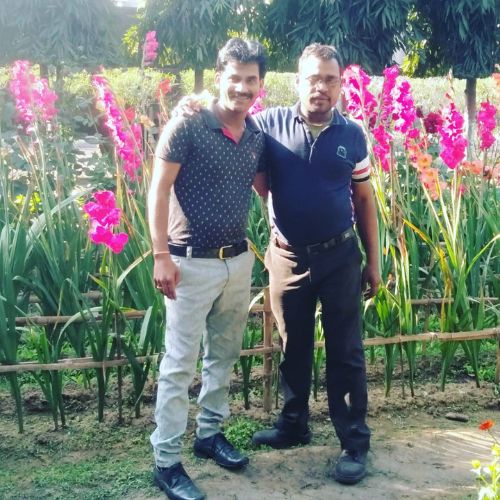


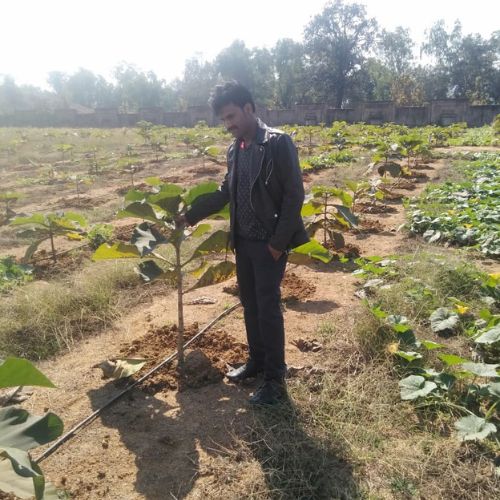



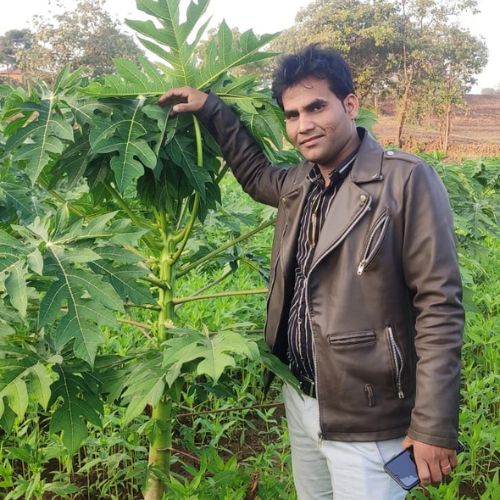



They have a good collection along with reasonable price and out of all nursery in the area these guys will give you the best deal and sound advice on how to care for the plant.